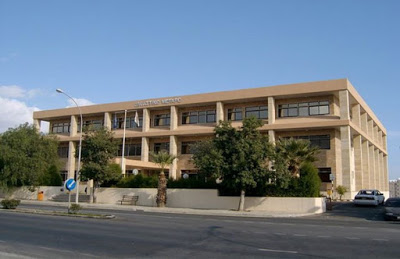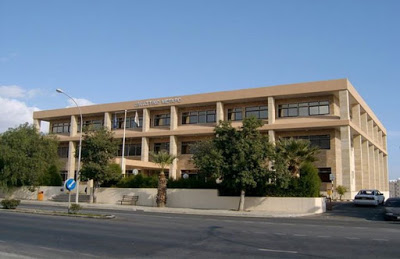The Court of Appeals yesterday upheld the conviction of Georgios Andreou for the crime of premeditated murder of Pantelis Antoniou, committed on October 8, 2013 on Nisi Avenue in Ayia Napa.
It is recalled that the Permanent Criminal Court of Larnaca - Famagusta had sentenced Georgios Andreou, 36, a taxi driver from Xylofagou, to life imprisonment, who, after a hearing, was found guilty of the murder of 66 pre-trial defendants. years from the Savior.
The crime took place on the busy Avenue Island in Ayia Napa shortly after 12 noon, when Pantelis Antoniou, a taxi driver, was playing backgammon with a friendly person at a small table placed in an uncovered parking lot. The medical examiners who performed the legal autopsy on Antonios' body, ruled that his death was due to internal bleeding, as a result of a gunshot wound.
The Supreme Court's decision states that "Georgios Andreou challenged the first-instance decision with eight grounds of appeal, which concerned, inter alia, his ability to plan the murder, in view of the alleged mental problems he was facing and the minimum time that elapsed. between the moment he made the decision to kill the victim and the execution of the crime ".
It adds that "in the past, the convict was diagnosed with a psychotic disorder associated with auditory hallucinations and was receiving medication.
The Court of Appeal upheld the finding of the Criminal Court as evidenced by the testimony of expert witnesses, that is, "even if a person has the aforementioned mental health condition, he is nevertheless capable of planning and committing an offense, unless at the time of the commission, the the above situation affected his will ".
It is noted that "since the Court did not receive any relevant evidence from which it appears that Andreos's mental state, at the time of execution, was affected due to the mental problems he was facing, the Supreme Court ruled the conclusion of the Court of First Instance correct, according to which the perpetrator was at the essential time reckless and had a perception of reality ".
The Supreme Court also rejected, "the claim that it would not be reasonable for the convict to plan a murder on a busy Avenue in the light of day, driving his vehicle, which had special features, stating that" even the unlikely, can to be true. The Court is the Judge ".
In its decision, the Supreme Court "confirmed the position of the Larnaca - Famagusta Criminal Court that at least in the time of 6 seconds, when his car was parked opposite the victim, the appellate court had the opportunity not to proceed with the implementation of the plan and did not he did. The spring is not a component of the murder and therefore its proof is not required ".
It is noted that on behalf of the General Prosecutor's Office, the case, both at first instance and on appeal, was handled by the Lawyer of the Republic Andreas Aristidis.
Source: KYPE

